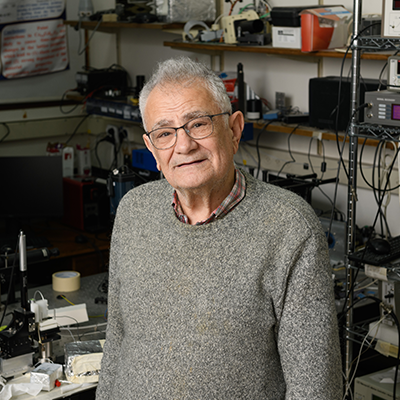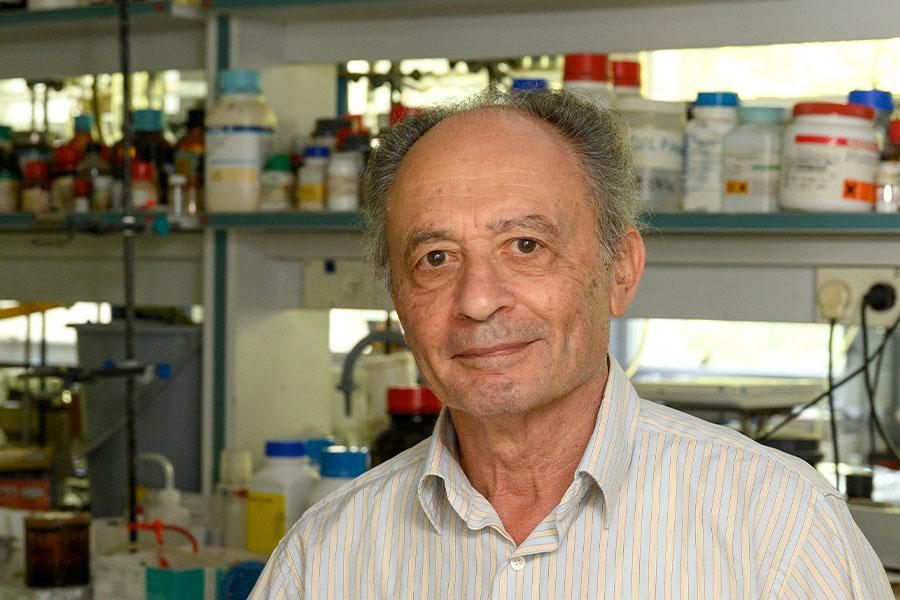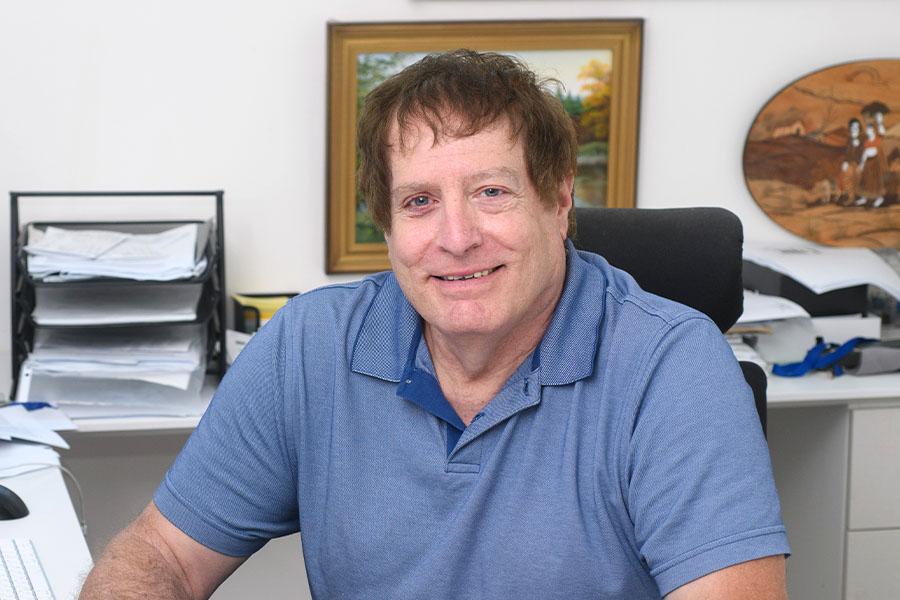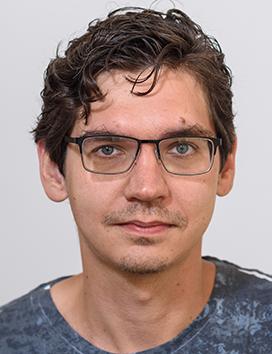
Organic Chemistry
Organic Chemistry studies synthesis and properties of compounds containing covalently bonded carbon. Most of the known organic molecules are synthetic. In this respect, organic chemistry creates its subject and has one of the strongest elements of art and design among natural sciences. It is a foundation discipline for pharmaceutical, polymer, supramolecular, and biological chemistry.

Prof. Amnon Bar-Shir
The Bar-Shir lab combines strategies in NMR and MRI with tools from synthetic and supramolecular chemistry, nanomaterials and biology for the development of novel approaches to illuminate unexplored processes in both chemistry and biology.

Prof. Jacob Klein
The Klein group studies surface interactions in soft and biological matter from molecular to macroscopic scales. Current projects include lubrication and biolubrication (and its relation to osteoarthritis), and drug delivery using liposomic carriers.

Prof. Leeor Kronik
The Kronik group studies unique properties of materials using first principles quantum mechanical calculations based mostly on density functional theory. The group develops formalism and methodology and applies it to the prediction/interpretation of novel experiments.

Prof. Meir Lahav
Meir Lahav scientific interests are directed towards the understanding of the physical properties of crystals in general, and their applications for the understanding the mechanism of electrofreezing effect of super cooled water in particular.

Prof. Gershom (Jan) Martin
Our field is computational quantum chemistry: we believe in the complementarity of high-accuracy wave function approaches and lower-cost density functional theory approaches. Applications center on catalysis, noncovalent interactions, and computational biochemistry.

Prof. David Milstein
The Milstein group designs and develops green and sustainable reactions catalyzed by metal complexes for waste-free organic synthesis and renewable energy, based on new approaches to the activation of strong chemical bonds.

Prof. Ronny Neumann
The Neumann Lab focuses on catalysis, sustainable chemical transformations and renewable energy research. Using electro- and photochemical techniques the research involves activation and use of small molecules such as oxygen, nitrogen, water and carbon dioxide.

Prof. Sivan Refaely-Abramson
Our group develops and applies ab initio many-body computational approaches to study excited-state transport and dynamics and complex exciton phenomena in extended functional materials.

Prof. Boris Rybtchinski
We develop robust noncovalent materials (molecular plastics) that are easily fabricated and recycled, enabling a sustainable alternative to conventional pastics. We also work on energy materials that are employed in batteries and solar cells.

Dr. Sergey Semenov
The Semenov group uses tools of organic and physical chemistry to understand and apply out-of-equilibrium phenomena in chemical systems.

Prof. Mordechai Sheves
Sheves group studies the molecular mechanism of retinal protein function using artificial pigments, model compounds in solution and spectroscopic methods. In addition, the group studies the mechanism of the unusual efficient electronic transport through proteins.

Prof. Ulyana Shimanovich
Our interdisciplinary group is studying the fibrillar self-assembly phenomenon in natural biopolymers, including proteins and protein-based complexes, with an ultimate aim to generate new types of functional materials.

Prof. Milko van der Boom
From molecules to materials. We would like to understand how structural complexity, order and chirality emerge in crystals and thin films. Using coordination chemistry, such materials are designed to have fascinating properties.

Prof. Daniel Hanoch Wagner
Research in the Wagner team concentrates on microstructure-mechanics correlations in polymer nanofibers, carbon nanotubes, graphene, nanocomposites, and biological materials.



